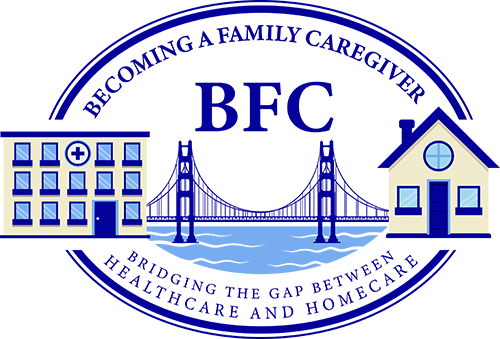
Understanding Healthcare
Caregivers must understand how hospitals and doctors’ offices function, medical terminology, how to interpret test results, and who’s who on the healthcare team if they hope to successfully achieve the desired services. In addition, you may want to hire someone to help you with your caregiving duties in the home. If you do, you become an employer and are subject to Hiring laws.
I attempt to cover the laws and regulations that caregivers encounter the most, providing links to additional resource information as appropriate to the topic.
Culture

The culture of healthcare facilities affects how professionals interact with one another, their subordinates, patients, the patient’s caregiver and family, and others they encounter. The healthcare culture promotes wellness, quality care, and care delivery at the lowest cost possible without causing more harm. A person’s right to decide their care (provided the healthcare community believes they are of sound mind), be treated with respect and equality (provided they follow all the rules established by the organization issuing them), and receive access to care without regard to income (even though someone disabled receives less income assistance than what is necessary to live above the poverty line) are all “values” listed as patient rights
Processes

Healthcare has a process for everything. If you hope to change something or find out how something went wrong or works, you must find out the process. I‘ll explain some of the more come processes to you, what they are and how they work plus what you must do if you want to interact with someone at the hospital using one of them. I’ll also explain how you can use these processes to help you address concerns that you or your family member may have related to the care you receive.
